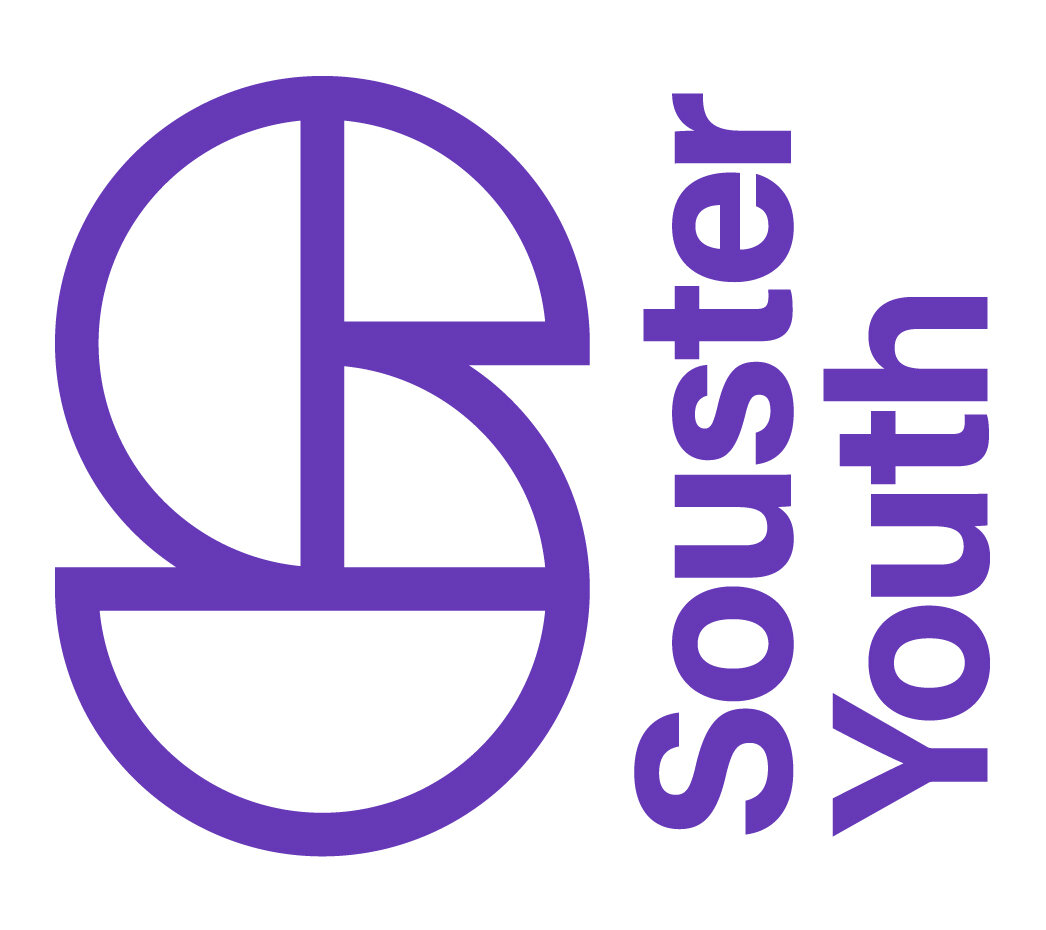What me? Prejudiced?
Over the past few weeks we have been assisting a local secondary school with an anti-bullying campaign by looking at the topic of prejudice in lessons. Each student was given the imaginary scenario of taking charge of a lifeboat from the sinking Titanic, with seven different passengers all wanting a seat. What order would they save them in and why?
The scenario is designed to draw out unspoken prejudices. Initially the students have only a picture of each passenger to go on. Each subsequent round reveals new information and the students are invited to adapt and change their order of preference. It was during the discussion following each round that the unspoken prejudices became spoken:
“He’s not getting on my boat! He looks like a criminal or something!”
“She’s an alcoholic. She’s probably homeless too. That’s her own fault.”
“Look – I’m sorry, but she’s claiming money that my mum paid in taxes. Couldn’t she have stayed in her own country?”
Challenging stereotypes
What happened when these prejudices came to light? Their classmates wasted no time in challenging them to think again, and to think differently, about how they form judgements about other people: “You don’t know that. You can’t say that. That’s not fair.”
As the activity progressed and the students learned more about their fictional passengers the discussion centred around themes such as compassion, justice and kindness. Many students changed their minds several times throughout the activity as they balanced competing ideas and issues.
Concluding the lesson we led a discussion about where prejudice comes from and the part we can all play in challenging it. Some students shared honestly about the prejudice they have experienced themselves (sometimes in the form of bullying) because of their skin colour, or hair colour, or another characteristic. These were powerful moments: as students felt safe enough to share vulnerably with their classmates and received affirmation.
Impact
One student summed up the lesson like this: “I learnt more about myself and surprised myself by what I assumed. I learnt there is more to a person than you think and you should never judge (someone) before you understand who they really are.”
For Souster Youth this was a great opportunity to help young people to think about prejudice – both out there in the world and also inside of ourselves. And that is all part of helping young people to live out the call of Jesus to love our neighbour as ourselves.
Tim Sandford – Schools Worker, Souster Youth

